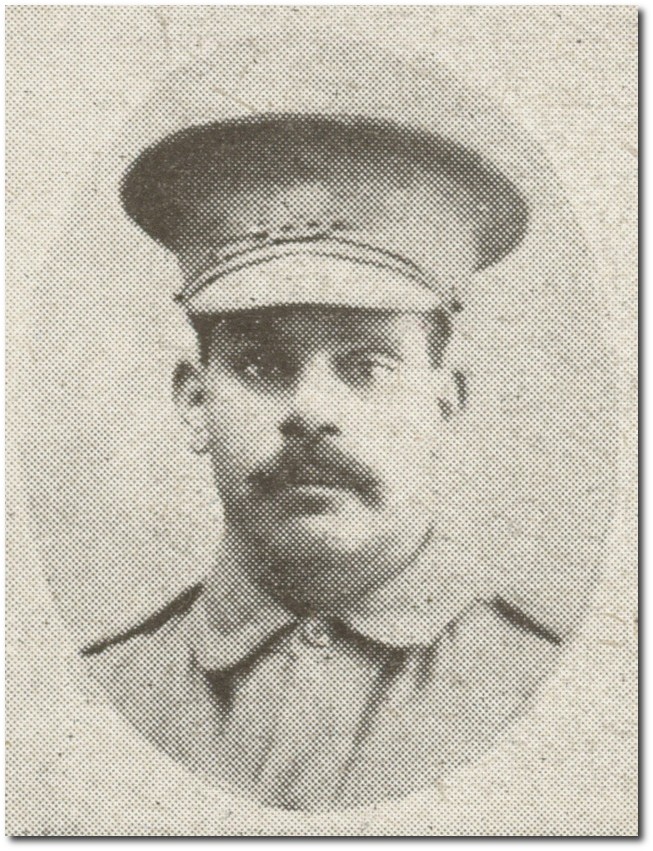
Jack McAlister, The Queenslander Pictorial, 1917
Indigenous Australian, Jack McAlister, 9th Infantry Battalion
Jack (John) McAlister was born in Charters Towers in 1894 to Maggie McAlister and was working as a stockman when he volunteered to serve with the first AIF in July 1917.
After initial training at Rifle Range Camp, Enoggera he and his fellow recruits, including Tommy Purcell and Norman Baird were transported by train to Sydney where they embarked on HMAT Euripides in October with the 26th Reinforcements for the 9th Infantry Battalion.
They arrived in England in December 1917 and spent three months training and coming to strength at Sutton Veny, Wiltshire. Fully equipped and ready to serve overseas, they were drafted to join their battalion in France in May 1918. At that time the 9th Battalion was preparing to relieve as ‘counter-attack’ battalion for the Brigade, south of Strazeele, northern France.
McAlister remained with his unit until becoming ill, suffering from myalgia or trench fever - spread by body lice - which affected suffers with high fever, severe headache, and muscle soreness. He was evacuated for treatment to the 2nd General Hospital, Le Havre and returned to his battalion in the field four weeks later.
McAlister spent the rest of his service as a Driver for the 9th Battalion, rejoining them when they were billeted at Chatelet, Belgium in February 1919. The men were kept busy during their time after the war, being offered educational classes, caring for equipment and animals in their charge. The large number of men waiting to be returned home meant that some were to wait several months for their name to appear on the next ‘draft’ .
On his return he applied for and was granted exemption from the Protection of Aboriginals Act in 1920, at the time he was working in the Carpentaria region. In 1958 he wrote to the authorities from Cairns to request the issue of his service medals, which he received.
- Service record: McALISTER, Jack
- Portrait of Indigenous serviceman Jack McAlister, Australian War Memorial, Accession P01232.002
- 'Many served: AIF Aborigines', Reveille, 30 November 1931, p.22
- Paul Mackett, 'Queensland Aboriginal Notes', p.2910 in Queensland Aboriginal genealogical resources [electronic resource] Indooroopilly, Queensland. Queensland Family History Society, 2007.
- Queensland exemptions held in 1947
- One of the soldiers featured in SLQ’s HistoryPin Collection
- Queensland’s Indigenous Servicemen [oral history]
The information in this blog post has been researched by State Library staff and volunteers, it is based on available information at this time. If you have more information that you would like to share or further research uncovers new findings, this post will be updated.
Comments
Your email address will not be published.
We welcome relevant, respectful comments.